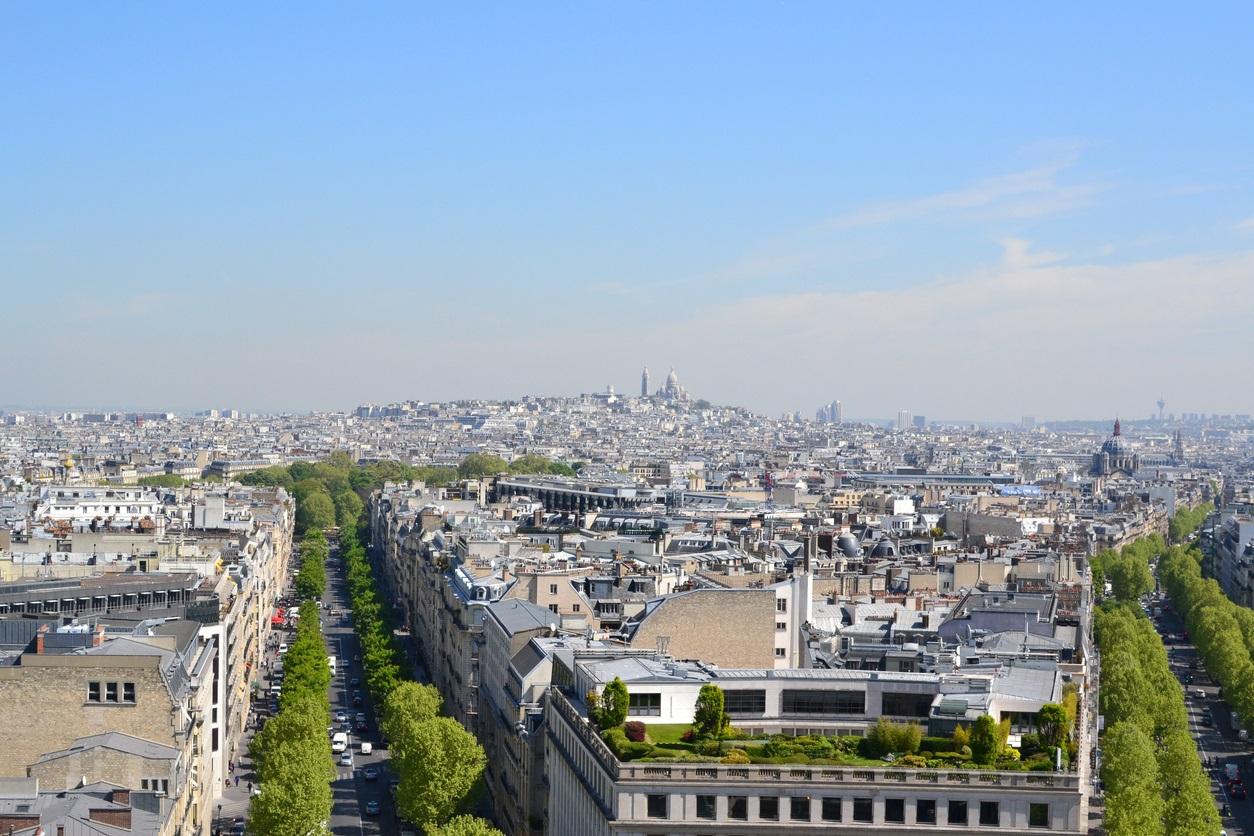New Law In France Requires Commercial Buildings To Focus On Sustainability
France has passed a lot of eco-friendly legislation over the past decade. Their newest law, passed Thursday, would require all new, commercial buildings built in France to have roofs partially covered in either plants or solar panels.
Updated May 26 2019, 2:30 p.m. ET
France is a nation that values the environment. This has been made clear by a host of eco-friendly laws the nation has passed since the 1990s. According to the European Environment Agency, France even managed to cut its greenhouse gas emissions by 13% from reduce its use of harmful pesticides, and increase its number of protected forests and marine environments from 1990 to 2012. In their most recent efforts to focus on sustainability, France signed its newest eco-friendly policy into law, on Thursday. Now, all new, commercial buildings built in France must have their roofs partially covered in either plants or solar panels.
The law aims to reduce energy waste throughout the country. Solar panels harness the sun's UV and infrared rays to create electrical power, and though their ability to power an entire building depends on the building's size, location, and the size of the panels themselves, any amount of energy produced would help offset the building's overall energy costs. On a large scale, such energy conservation could help to lower energy costs throughout French cities, even for those not working in the commercial buildings themselves.
Plants are a less obvious but still an effective way to conserve energy. In cities around the world, green rooftops are being used to combat the urban phenomenon known as "heat island effect." According to the United States Environmental Protection Agency (EPA), cities can be be between 1.8 and 5.4 degrees hotter than rural areas, even under identical weather conditions. This is due to cities' abundant use of heat-absorbing materials, such as asphalt and cement. Heat island effect can be bad news for city-dwellers, driving up their air conditioning costs and increasing air pollution. Not to mention that for some, including the sick, the very young, and the elderly, heat can cause illness or even death.
But green rooftops can help mitigate the problem. The EPA mentions that plants grown on rooftops can cool air by creating an insulating layer between the sun and the buildings below them. They can also reduce air temperatures by providing shade and through the natural process of evapotranspiration, in which they transfer moisture from the soil into the surrounding air, with a cooling effect. Rooftop vegetation can improve water quality by reducing rainwater runoff, and improve air quality by producing oxygen, reducing CO2, and filtering particulates from the air.
France's new law could will surely have quite an effect on the aesthetics of city skylines throughout the country. It may also be a step toward changing the country's main source of energy. Unlike Germany, which, according to Thinkprogress, had enough solar panels installed by 2012 to produce 40 gigawatts of power per year, France remains highly dependent on nuclear power, with 83 percent of the country's power coming from nuclear generation. As of 2012, France only had the capacity to produce around five gigawatts of power from solar energy per year.
With all new commercial buildings now being required to install either plants or solar panels, France's ability to produce solar energy should see a sharp upturn, along with the country's ability to conserve more energy overall.

